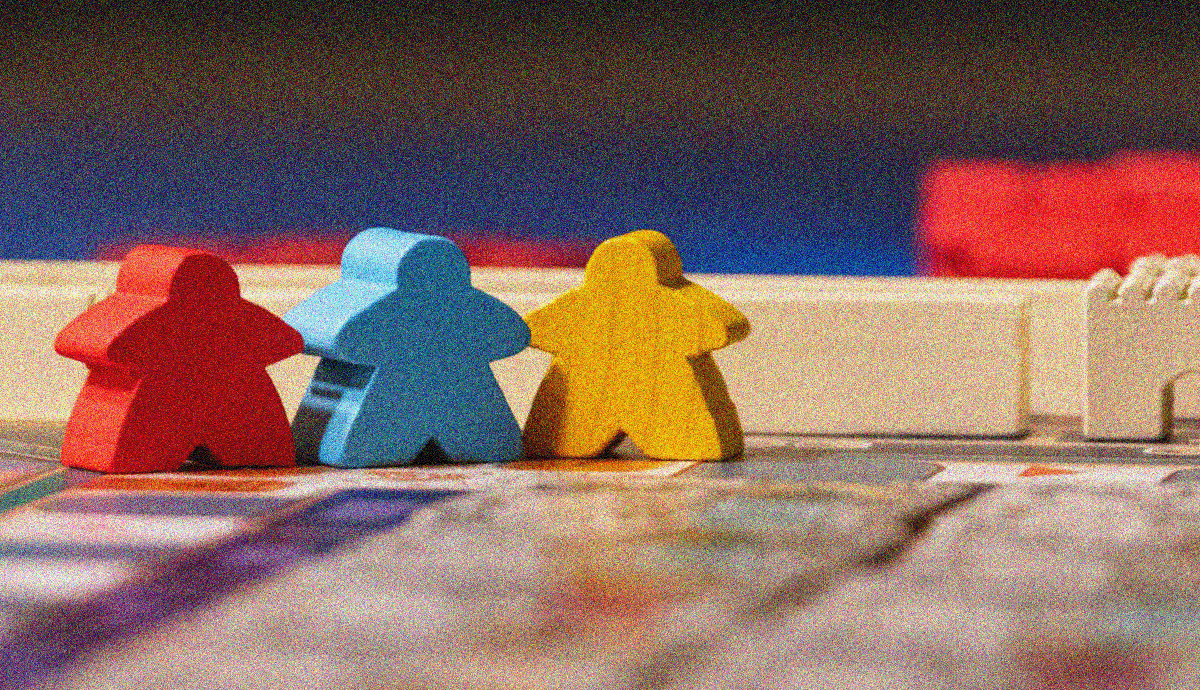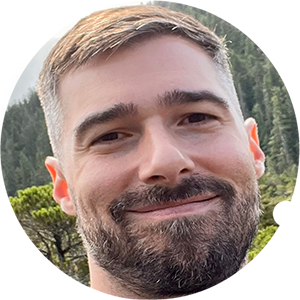We don’t like Aunt Barbara’s boyfriends. To cookouts, to birthday parties, to potlucks they come. Sometimes they bring a six-pack, sometimes flowers wrapped in plastic, sometimes a bottle of Diet Coke. They squat down and ask us for high fives; they ruffle our hair; they want to bump fists. They smell like Marlboros, like leather, like Budweiser, like old bread. We are glad when they stand back up. We are glad when they walk away.
We marvel at how Aunt Barbara finds them: billiard halls, Market Basket, bowling alleys, the gas pump. Mom says she attracts them like yellowjackets to a drop of jam. Uncle Rod says Barb sure can pick ‘em. Dad says that just because Aunt Barbara has a good heart doesn’t mean she shouldn’t spend more time at church.
On the 4th of July she brings a man with tattoos down one arm and piercings down one ear. He dives into the pool and then lays on the bottom. Seconds pass, then minutes. We don’t know how to swim yet, and so we cling to the edge and wonder if he is drowning on the bottom of the Bowen Country Club Pool. Aunt Barbara frowns. Bubbles float up from the pool floor while Tears for Fears plays on the stereo. Finally, there is a change in his shape, he approaches the surface, takes a deep breath, and cackles. “Gotcha,” he says. Little Abby starts to cry.
We like Aunt Barbara as much as we dislike her boyfriends. Aunt Barbara chews Wrigley’s spearmint gum and always has an extra piece for us. She takes us to Child World and lets us pick out anything we want so long as it fits in the trunk of her cherry Corvette. We draw her pictures in scented magic markers, and she tells us that we know just the right combination of colors to invoke true emotion. She says our artwork smells good enough to eat. When we give her jewelry we’ve bought with our allowance at Walgreens, her eyes tear up, and she takes off whatever piece she’s wearing to put it on.
On Thanksgiving she brings a new boyfriend, Malcolm, who wears a sparkly watch and a button-down shirt. He talks and talks and talks. When Aunt Barbara says she doesn’t believe that the Earth is flat, but that she’s open to the conversation, Malcom asks if she would be open to a conversation about whether she’s living with her head inside her ass. Dad’s face turns so red we think it might pop. Aunt Barbara shrugs and laughs as she passes the mashed potatoes. She never claimed to be a Rhodes Scholar, she says.
All our other aunts have uncles to match, and all of our other uncles have aunts to match, and our moms and our dads have each other to match, but Aunt Barbara only has Aunt Barbara.
We ask our moms why Aunt Barbara doesn’t have a husband. She hasn’t fallen in love.
We ask why she hasn’t fallen in love. She is bad at picking men.
We ask why she is bad at picking men. She didn’t have a good example.
We ask if we have a good example. Yes, you do.
We ask if we will be alone. Of course not.
We ask how she knows. I just do.
But how? I just do.
But how?
At Christmas, Aunt Barbara doesn’t bring anyone. She laughs and says she’s decided men are for the birds. We are happy to have her to ourselves. She plays Uno with us, and we suspect she’s letting us win, but we still giggle each time she draws four. She plays Simon with us; the primary-colored lights beep in random order, and she repeats back the pattern longer than we have ever seen. We tell her she is a genius. We frost gingerbread men together by the fire and ask why she doesn’t want a husband anymore. Aunt Barbara laughs and says they’re an awful lot of work. We ask Aunt Barbara if she thinks she’ll ever get married. She smiles and says maybe someday. We ask Aunt Barbara if she wouldn’t be happier if she had someone to love her. She puts her gingerbread man down on the table, half-frosted, and says she thinks she hears our mom asking for help in the kitchen.
Sometimes, when one of her boyfriends has come around a while, Aunt Barbara will ask us if we like him. “Todd is pretty nice, don’t you think?” or “Don’t you have so much fun with Robbie?” We don’t understand why she likes them. We think they are as terrible as she is good. We think she should marry the richest man alive. We think Tom Cruise and Matt Dillon and Bon Jovi should get down for her on one knee. But we feel her pulling on our approval like wind on a kite, and so, yes, we say, we love Todd. Yes, we love Robbie. And then we are happy because Aunt Barbara is happy, at least for the second, the minute, the day.
On New Year’s Eve Aunt Barbara has a new boyfriend. He wears paper eyeglasses that say “1986” and has hair slicked back like a vampire. We don’t get too close because of his breath. We ask our parents if he smells like that because he sucks blood. Worse, they say. Vodka.
We want to stay up until the ball drops, to bang pots and pans when the clock strikes midnight. We play for hours, but then grow tired as the night stretches on longer than seems possible. We lie on the couch and fight to keep our eyes open while Dick Clark talks over images of Times Square. Aunt Barbara plops down next to us, her maroon dress crinkly and shimmering.
What happens in the New Year? we ask.
Anything can happen. That’s why it’s magic.
She is wearing a plastic tiara. You’re a queen, we say.
And you’re my princes and princesses.
We would be, we say. We would be if you wanted.
But then the vampire is out of the bathroom, wiping his hands on his pants, telling Aunt Barbara he wants to dance. Go to sleep, she whispers in our ears, and when you wake up, even though you won’t be able to see it, everything in the world will be a little different. Everything will be new.
The vampire sticks around. He comes with Aunt Barbara to one of our birthday parties at the skating rink. He takes her for steak on Valentine's Day. He pretends to break up with her on April Fools', and he proposes to her in May. They move to California. Aunt Barbara sends pictures of them in front of the Hollywood sign, of palm trees, of blue skies during the winter. We ask our parents to visit, but they tell us it’s very far.
Life rolls forward. We get braces, we get acne. Boobs grow, voices crack. We get driving permits, and Uncle Rod jokes that he’s staying off the road. There is college, graduation. There is nine-to-five. There is jury duty, and there is income tax. Some of us are successful, some of us are broke. Some marry, some don’t. Some of us find true love, and some settle for something close.
We get together at cookouts, at birthday parties, at potlucks. Some of us bring our boyfriends and girlfriends; we introduce them to each other, to the kids. We talk about the days when we were younger. We talk about clinging to the edge of the Bowen Country Club Pool and frosting gingerbread men by the fire. We ask about whatever happened to Dick Clark? We ask about whatever happened to Aunt Barbara? She was our favorite, we say. She was sad, we say. We wish we could talk to her now and tell her to ditch the terrible boyfriends. We wish that she and us could have been enough.
We look for Aunt Barbara on social media but come up empty. Some of us thought it would be impossible to disappear in this day and age. Some of us are impossible to surprise. And here, we divide. There are those of us with eyes that only look forward; they leave their screens to see if the baby needs to be changed, to flip the burgers, to let out the dog. The rest of us are steeped in the past, and we cannot part with it. We smell our childhood whenever the wind blows through a pile of leaves, and we taste it when we open a bottle of sunscreen. We remember how big the world seemed. We remember the way Aunt Barbara made us feel. And we keep on looking.



